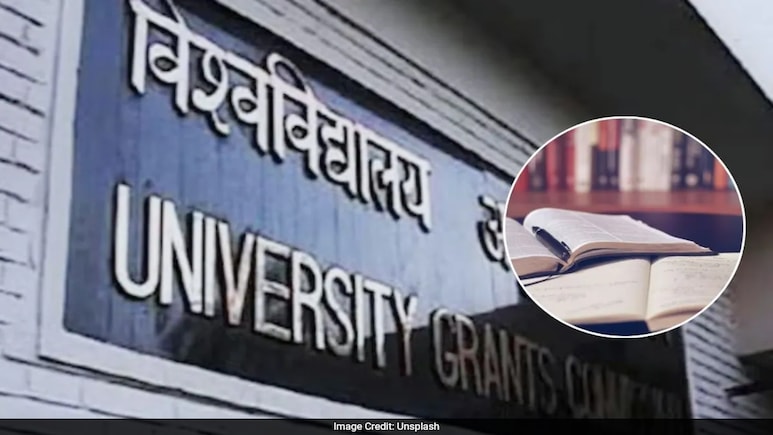
Ancient Indian knowledge systems like Kala Ganpana (traditional timekeeping), Bharatiya Bijganit (Indian algebra), the study of Puranas and concepts from texts such as the Surya Siddhanta and Aryabhatiyam may soon become part of undergraduate mathematics courses under a new draft curriculum prepared by the University Grants Commission (UGC), reports PTI.
According to the draft, framed under the Learning Outcomes-based Curriculum Framework (LOCF) aligned with the National Education Policy 2020, the UGC has proposed that students learn the history and development of Indian algebra, as well as techniques like the Paravartya Yojayet Sutra, described as a Vedic Mathematics method meaning "transpose and apply."
The curriculum combines astronomy, mythology, and mathematics, covering ancient observatories, the Prime Meridian of Ujjain, and comparisons between Vedic time units, such as Ghatis and Vighatis, with Greenwich Mean Time and Indian Standard Time. It also introduces the calculation of panchanga (Indian calendar) and the determination of mahurtas (auspicious timings for rituals and festivals).
"We are confident that this curriculum will be a transformative initiative in the realm of mathematics education in India. It has been meticulously developed through extensive consultation and collaboration, ensuring both academic excellence and practical relevance," said curriculum committee chair Sushil K Tomar.
He further noted, "It aspires to produce professionally competent graduates, capable of contributing meaningfully to research, innovation, and national development."
The draft also explores cosmic time structures, from Yugas and Kalpas to "Brahma's day (Brahma Varsa)," along with cycles like "Vishnu Varsa" and "Shiva Varsa."
Meanwhile, under LOCF guidelines, every subject will offer Discipline Specific Core courses, Discipline Specific Electives, and Generic Electives. For political science, the UGC has proposed 20 core courses, including "Tradition of Political Thinking in Bharat," with content from Vedic traditions, Jain and Buddhist literature, epics like the Ramayana and Mahabharata, and the works of thinkers such as Bhasa, Kalidasa and Kalhana.
